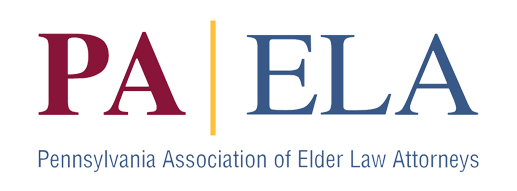What Is Probate in Pennsylvania?
Probate is the legal process used to administer the estates of decedents. State laws vary significantly, and the process also varies depending upon the assets involved, so it is important to get legal advice. In Pennsylvania, the probate process is not complicated. It involves having an Executor or Administrator appointed to administer the estate and eventually distribute estate assets to the beneficiaries. If the decedent had a will, then the assets will be distributed according to the terms of the will. If the decedent did not have a will, then the estate assets will be distributed according to Pennsylvania intestacy laws.
Before the Executor or Administrator distributes the estate assets, certain things must be done. All interested parties must be given notice of the estate administration, the estate should be advertised to put creditors on notice that they have one year to submit claims, debts and expenses must be paid, final income taxes for the decedent must be filed, any required inheritance or estate tax returns must be filed and the tax paid, and a formal or informal accounting must be made to the beneficiaries. In Pennsylvania, inheritance tax applies to most assets. The tax rate is 0% for charities and spouses, 4.5% for lineal descendants, 12% for siblings and 15% for all other beneficiaries.
In most cases, use of a trust to avoid probate will not result in any cost savings in the administration process. The trust administration process in Pennsylvania is very similar to the probate process
Other FAQs:
- Does Probate Administer All of The Decedent’s Property?
- How Can I Minimize The Taxes For My Estate?
- How Does A Living Trust Apply in Pennsylvania?
- How Does the Medicaid Look-Back Period Work?
- How Should I Plan For My Minor Children?
- Should You Discuss Your Estate Plans With Your Adult Children?
- What Are the Most Common Estate Planning Mistakes?
- What Is A Special Needs Trust?
- What Is A Spendthrift Trust?
- What Is A Will Contest?
- What Is Probate in Pennsylvania?
- What Is The Difference Between Medicare and Medicaid?
- What Is The Purpose of a Special Needs Trust?
- What Is The Simplified Probate Procedure For Small Estates in Pennsylvania?
- What Seniors Need to Know About Strategic Gifting
- What Taxes Will Apply to My Estate After My Death?









